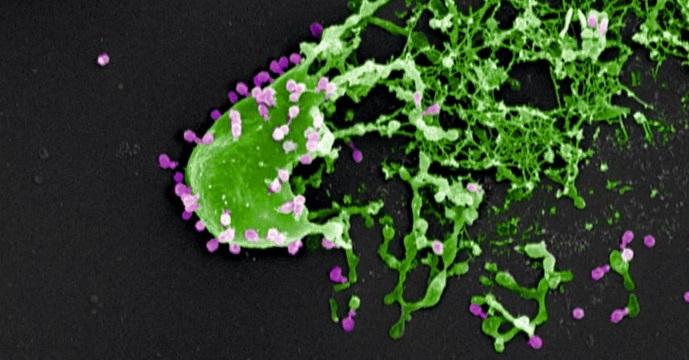Bacteriophage Therapy: A Potential Alternative to Address Rising Antibiotic Resistance

History and Discovery of Bacteriophages
Bacteriophages or phages for short were discovered in the early 20th century by British bacteriologist Frederick Twort and French-Canadian microbiologist Félix d'Herelle. Twort was the first to report on the existence of viruses that infect and kill bacteria in 1915. However, it was d'Herelle who further investigated these viruses and coined the term "bacteriophage" in 1917. Through his research, he found that bacteriophages could effectively kill bacteria both in laboratory experiments and clinical trials on humans and animals. This early work established bacteriophages as potential therapeutic agents against bacterial infections.
Rise of Antibiotics Hampered Bacteriophage Therapy Research
Following World War II, pharmaceutical companies started mass-producing inexpensive antibiotics like penicillin which were highly effective against various bacterial pathogens. This led to a decline in research on phage therapy as antibiotics provided a more convenient option to treat bacterial infections. However, with the emergence and spread of antibiotic-resistant "superbugs" in recent decades, interest in phage therapy as an alternative has reemerged. Many experts and scientists now believe Bacteriophages can play an important role in tackling the growing crisis of antibiotic resistance.
How Do Bacteriophages Work?
Bacteriophages or phages are viruses that specifically infect and replicate inside bacteria. Once a phage comes in contact with a susceptible bacterial cell, it attaches and then enters the bacterial cell. Inside the bacteria, the phage hijacks the cell's mechanisms and uses it to produce multiple copies of itself. This eventually causes the bacterial cell to burst or lyse, releasing new phage particles that then go on to infect other bacteria of the same strain. Given their targeted mode of action, phages are able to kill harmful pathogenic bacteria without harming other helpful gut bacteria.
Potential Applications of Bacteriophage Therapy
Phage therapy has several potential applications as an alternative to conventional antibiotics:
- Treatment of antibiotic-resistant infections: Phages offer hope in treating difficult multi-drug resistant infections like Methicillin-resistant Staphylococcus aureus (MRSA), carbapenem-resistant Enterobacteriaceae, etc. which have become major threats.
- Food safety applications: Phages can be used to eliminate dangerous foodborne pathogens from meat, seafood, fruits and vegetables during processing and reduce risks of food poisoning outbreaks.
- Preventing bacterial infections: Phages can potentially be used prophylactically to prevent infections in high-risk patients, on medical implants and in other settings by eliminating pathogens before they cause illness.
- Topical applications: Phages are being researched for treating surface infections of the skin, external wounds, burns, etc. without entering the bloodstream. This helps avoid potential side effects.
Challenges and Regulatory Hurdles
While promising, there are still some challenges and hurdles that need to be overcome before phage therapy is approved for clinical use:
- Establishing efficacy and safety through robust clinical trials: More extensive human studies are needed to validate efficacy against different infections and fully evaluate safety.
- Characterizing phage-bacterial interactions: Scientists need better understanding of phage biology and dynamics of phage-bacteria co-evolution to optimize therapies.
- Overcoming regulatory hurdles: Each phage cocktail would need separate approvals as a biological drug. Regulatory pathways for phage products need to be clarified and streamlined.
- Ensuring batch-to-batch consistency: Mass producing high titers of purified phages that are consistent between batches is challenging but necessary for therapy.
- Addressing risk of developing bacterial resistance: As with antibiotics, there is a theoretical risk of bacteria acquiring resistance to phages over time. This needs to be monitored and addressed.
Conclusion
With growing antimicrobial resistance threatening modern medicine, bacteriophage therapy is gaining attention as an alternative approach. While challenges remain, continued research especially clinical validation could establish phage therapy as a viable solution either alone or in combination with antibiotics to tackle multi-drug resistant infections. With advances in phage characterization, production techniques and supportive regulatory policies, this approach holds promise if implemented and standardized prudently based on scientific evidence.
Get more insights on Bacteriophage Therapy
- Art
- Causes
- Crafts
- Dance
- Drinks
- Film
- Fitness
- Food
- الألعاب
- Gardening
- Health
- الرئيسية
- Literature
- Music
- Networking
- أخرى
- Party
- Religion
- Shopping
- Sports
- Theater
- Wellness
- IT, Cloud, Software and Technology


